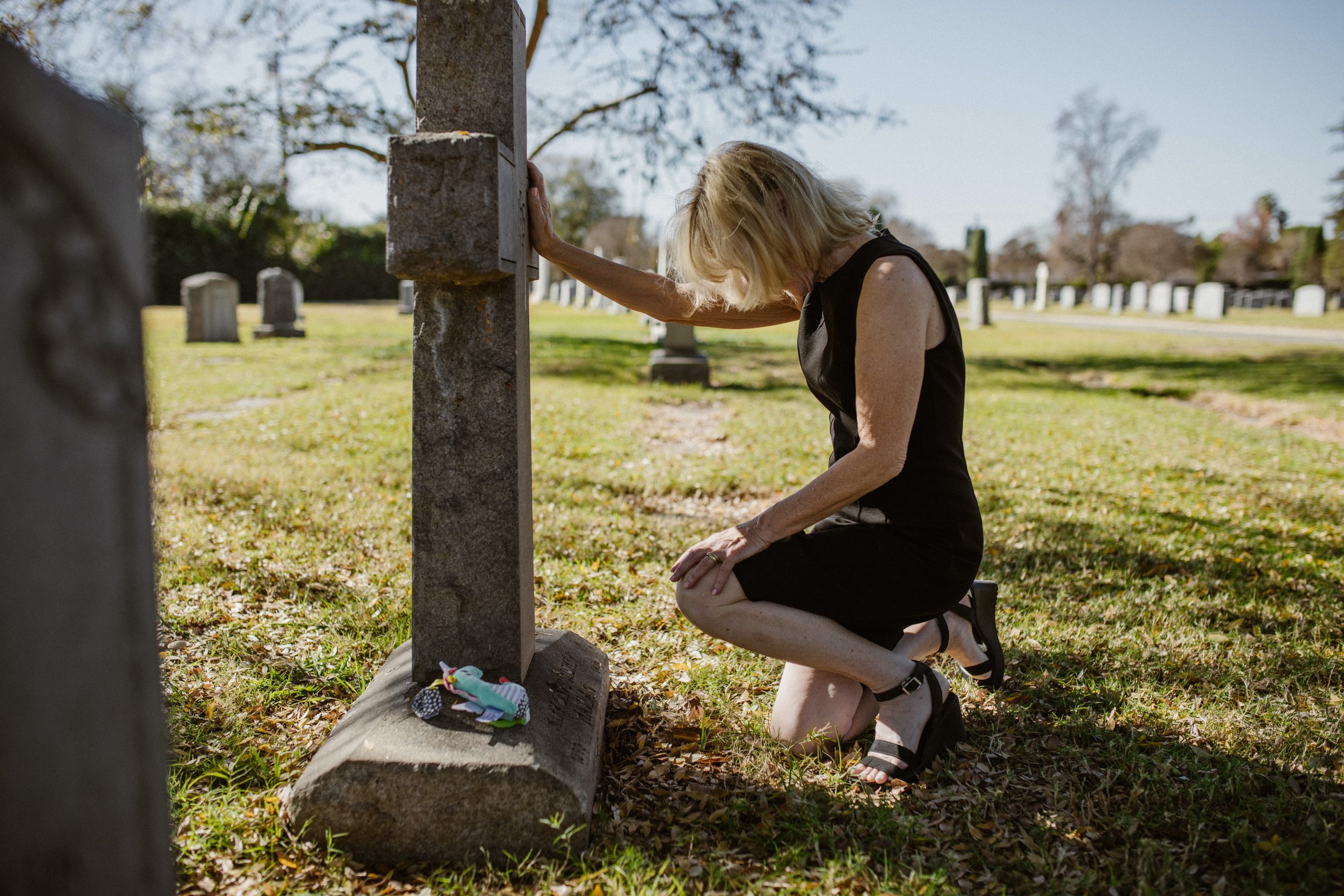Grief can come in many different flavors, and it affects everyone uniquely. Sometimes, grief hits you immediately, and you feel the wave of intense emotions right after the loss occurs. Other times, in the case of delayed grief, it can take several months or years to feel its true impact.
There is nothing wrong with you if you are experiencing delayed grief. It is a normal reaction that many people encounter. However, it can feel overwhelming and even confusing. Here’s what you need to know.
What Is Delayed Grief?
Delayed grief refers to experiencing the common grief symptoms long after experiencing the loss. The grief is essentially unresolved, but it lies dormant in someone until a specific event seemingly triggers its release.
It is important to note that there is no “specific timeline” for this delay. However, some people do not experience symptoms for several years or even decades after the loss.
The common signs of delayed grief include:
- a rush of intense sadness over the loss.
- anger/disappointment at yourself for how you coped with the loss.
- feelings of guilt.
- an aching sense of longing for the person/thing you lost.
- bargaining and trying to make rational sense of what happened.
- blaming others for what happened.
- anger towards yourself and others.
- feeling lost or purposeless.
- experiencing apathy towards your usual hobbies or interests.
Delayed grief can come on gradually, but many people notice it hits them “like a ton of bricks.” As a result, the combination of feelings can be frightening and confusing. No matter your age, you might feel like a vulnerable child who doesn’t know what to do next.
Why Does Delayed Grief Happen?
It’s normal to feel a sense of shock and denial after experiencing a loss. These feelings gradually transform into a recognition of what happened. That recognition often brings feelings of anger, despair, and guilt. But over time, the individual accepts the loss and learns how to live despite what happened.
However, in cases of delayed grief, the shock may take a significant time to disappear. People may remain in this state for several months or years.
In other instances, delayed grief happens when the emotional burden of a loss is too intense or implausible. Some people are skilled in compartmentalizing their emotions- they may bury themselves with school, work, or other relationships to avoid facing their circumstances. These actions can either be conscious or subconscious.
Young children may be especially prone to delayed grief. For instance, a child may not fully comprehend the magnitude of losing a parent. Moreover, if a person feels obligated to “be strong” for others, they may push aside their feelings to care for everyone else. Finally, if you encountered multiple losses at the same time, you may not be able to grieve each of them sufficiently.
Delayed grief, in a sense, is a method of self-protection. Facing complex emotions is undoubtedly difficult- your mind and body have worked hard to try to shield you from that exorbitant pain.
How Can You Cope?
First, it’s important to recognize that you aren’t alone. We all experience death and loss in this lifetime. All forms of grief can hurt, and it’s okay to feel sad, angry, or confused.
Recognizing Your Feelings
The first step of coping requires accepting your feelings for what they are. You are allowed to have these feelings, even if they seem scary or overreactive.
Your feelings are your body’s way of responding to stimuli. Remember that these responses are neutral, and judging them may trigger more suffering.
It’s okay if you don’t have all the language to describe how your feel. Journaling, meditating, or simply looking at a feelings chart can help you identify your emotions.
Seeking Support
Coping will also require leaning on support. Who can you talk to about your feelings? Do you have any trusted family members or friends? Can you start opening up to them?
It may also be beneficial to consider a bereavement group. Sharing your experiences with like-minded individuals can help you feel more connected and understood.
Honoring Your Loss
Even if you didn’t honor your loss when it happened, you can do it now. This process can be anything- you might consider making a donation, creating a scrapbook of photos and mementos, or writing a letter to your loved one.
Honoring a loss doesn’t need to be a one-time event. Many people find it helpful to create special traditions on birthdays or anniversaries. This provides ongoing opportunities for recognition.
Final Thoughts
Delayed grief often creates powerful moments for introspection and healing. Yet, even if this experience feels challenging, you can learn how to process your loss and create new meaning in your life.
Grief therapy can help you feel supported during this difficult time. Together, we can explore your emotions and address healthy ways to cope with them. We can also work on cultivating fulfillment, despite the pain associated with your loss.
You don’t have to do this work alone. Contact me today to get started.

